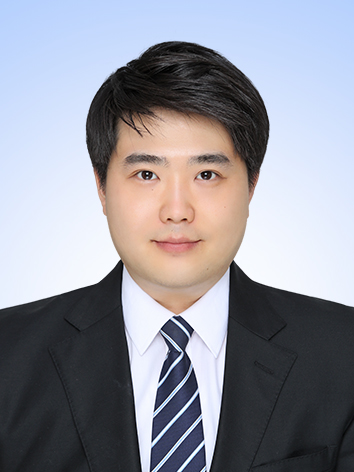Keynote Speaker
-
Covert & Side Stories:
Toward Molecular Foundation Models: Pre-training GNNs for Effectiveness, Generalizability, and Interpretability

O-Joun Lee, Ph.D.
Assistant Professor, The Catholic University, Korea
About the Speaker
O-Joun Lee is Assistant Professor at the Catholic University, Korea. Dr. O-Joun Lee is an Assistant Professor at the Department of Artificial Intelligence at The Catholic University of Korea. He holds a Ph.D. in Artificial Intelligence from The Catholic University of Korea, where he also completed his Master's degree in Multimedia and Image Processing. His research focuses on applying advanced artificial intelligence techniques, including Graph Neural Networks (GNNs) and Graph Transformers, to real-world problems in network science, knowledge graphs, social networks, and molecular structure prediction. Dr. Lee has made significant contributions to the development of innovative AI models, particularly in enhancing the understanding and analysis of complex, unstructured data. He is also actively engaged in industry-academia collaborations, bridging the gap between theoretical research and practical applications in AI.
-
Abstract
Accurate molecular property prediction requires models that not only achieve high performance but also capture chemically meaningful representations. This keynote will focus on how pre-training Graph Neural Networks (GNNs) can serve as the foundation for learning distinctive, expressive, and interpretable representations of functional groups and molecular substructures. By leveraging large-scale molecular data, pre-trained GNNs can internalize structural and chemical regularities that generalize across diverse tasks from property prediction to interaction modeling and compound screening.
I will discuss recent advances in pre-training objectives and representation learning strategies that enhance expressive power while improving effectiveness, generalizability, and interpretability. Special attention will be given to how pre-trained GNNs can reveal functional group?level patterns, bridging predictive accuracy with scientific insight. Case studies will demonstrate applications in molecular property prediction, illustrating how functional group?aware representations accelerate progress in computational chemistry, biology, and material science. The talk will conclude with perspectives on the path toward molecular foundation models, emphasizing pre-training methods that unify generalizability, accuracy, and interpretability.
